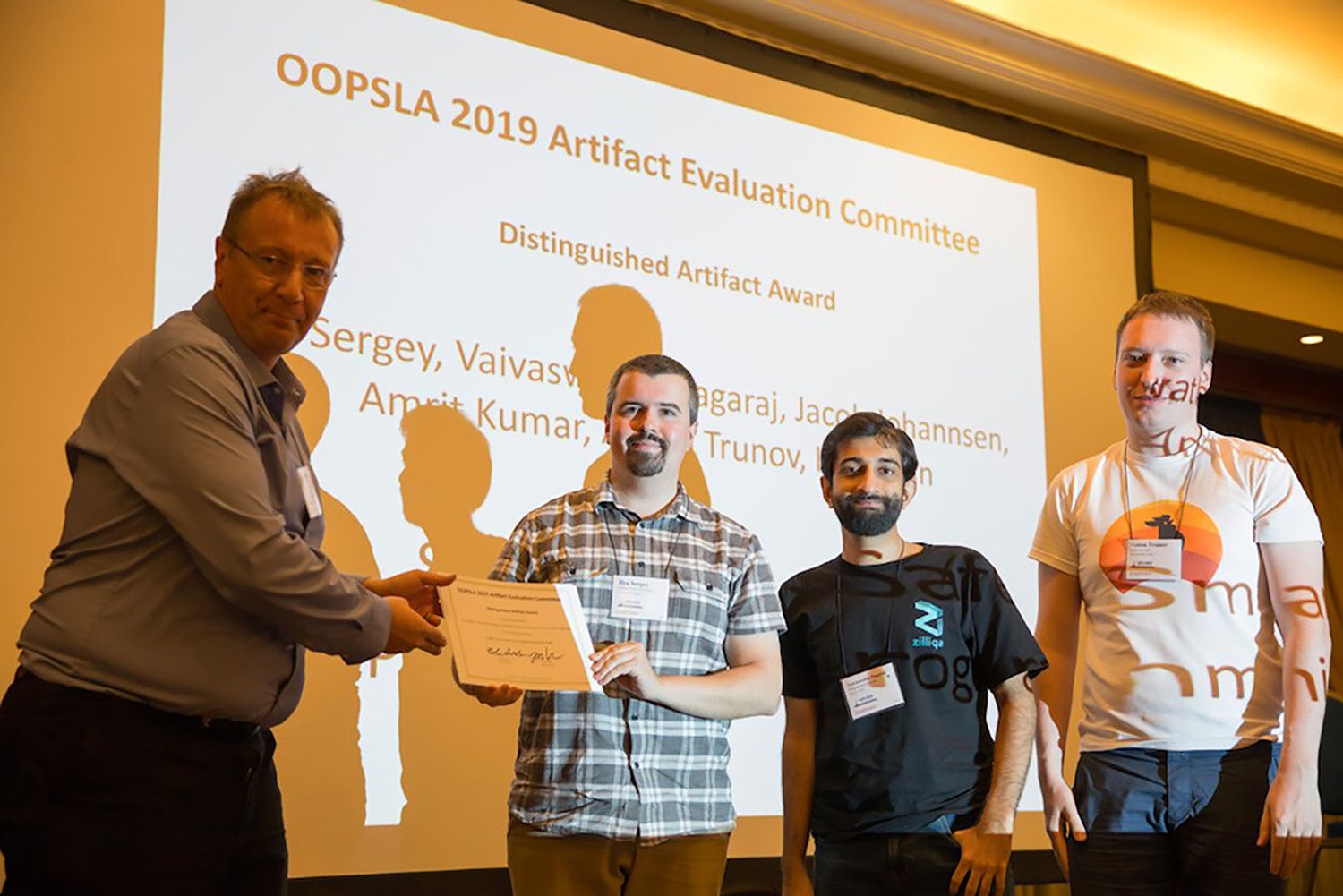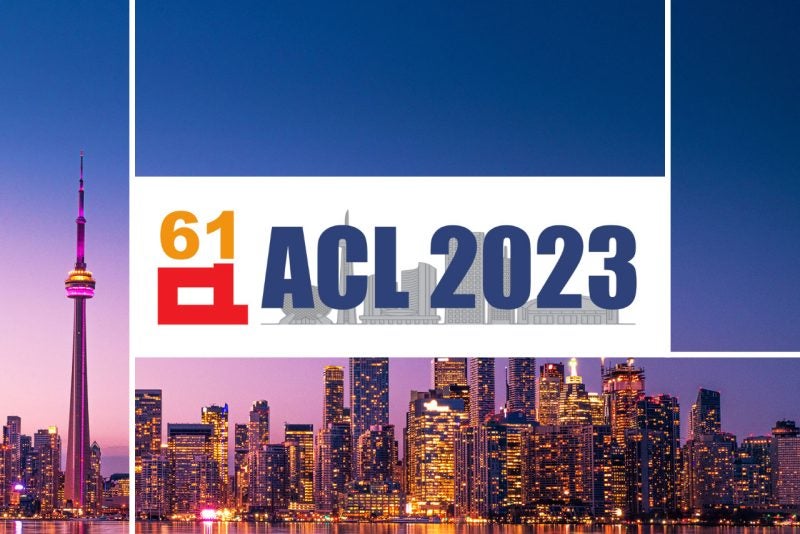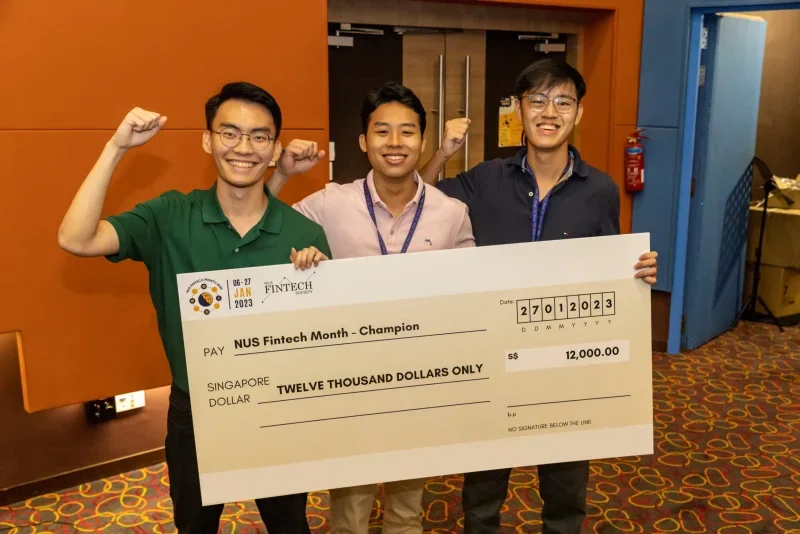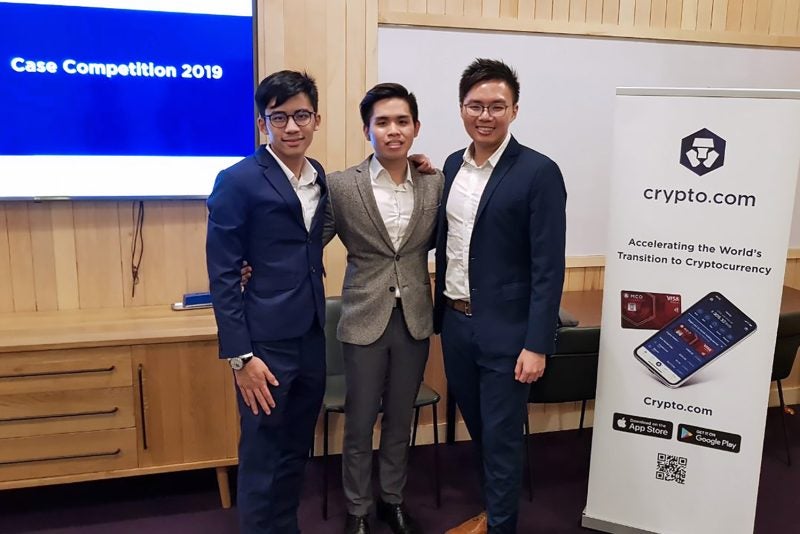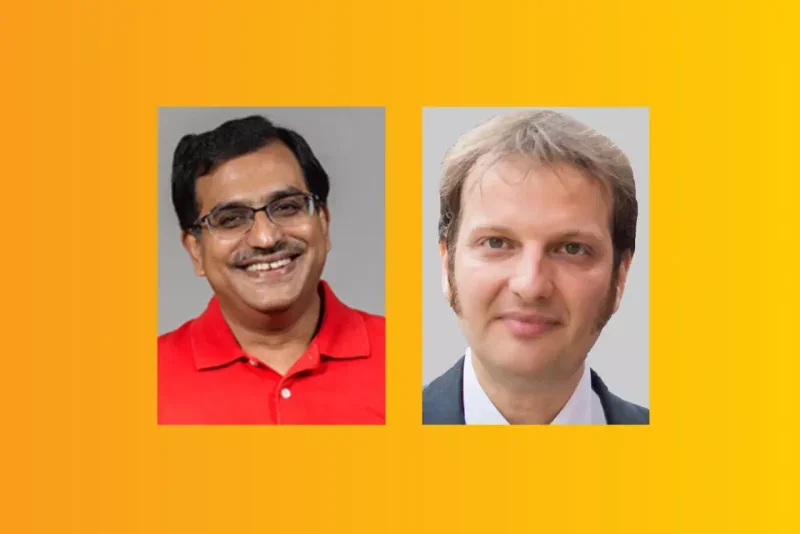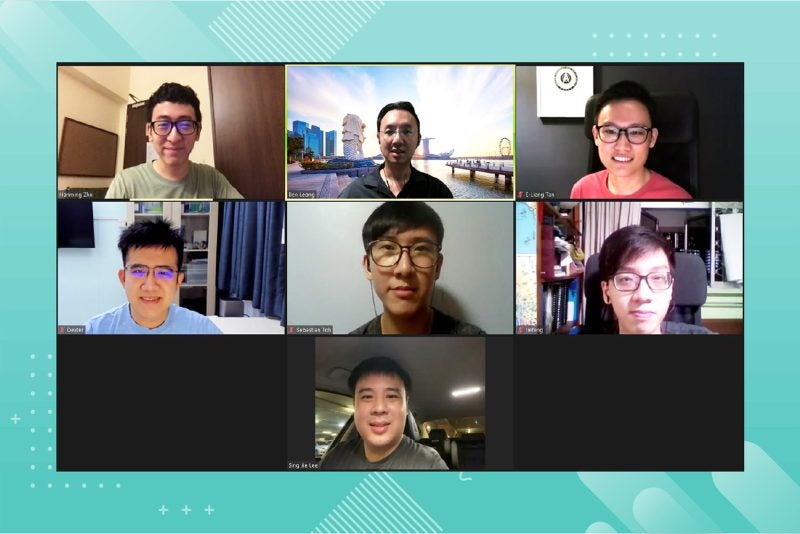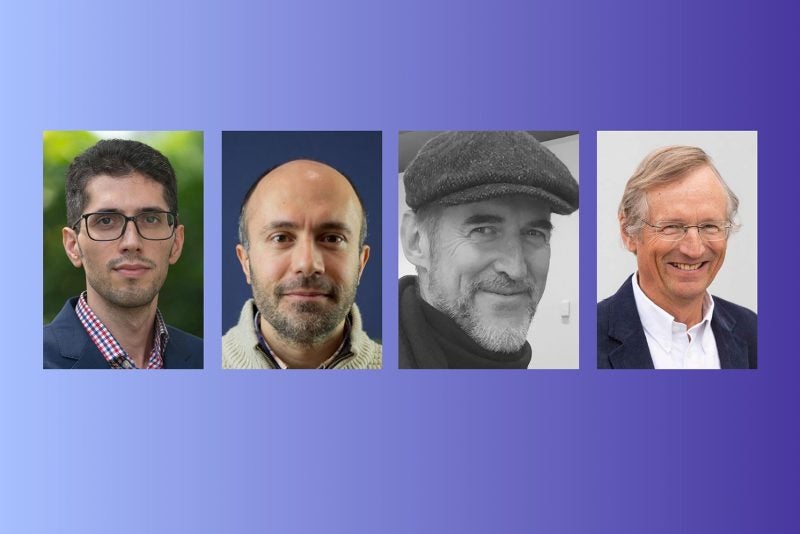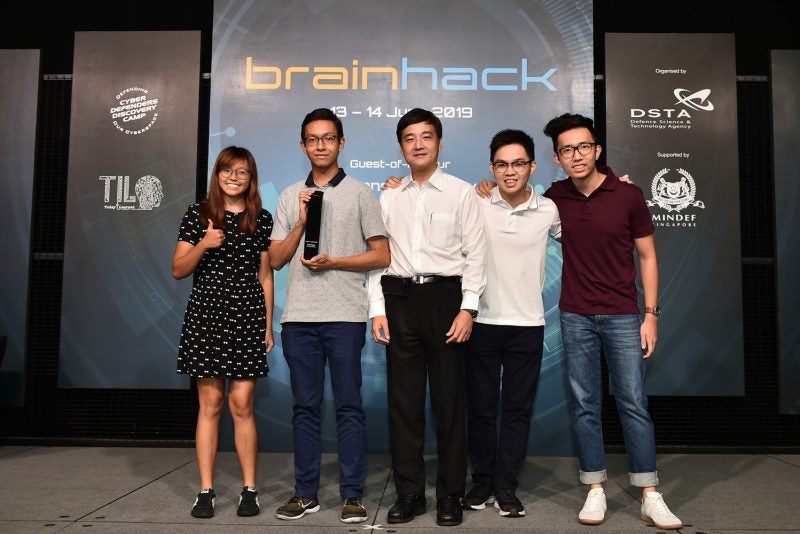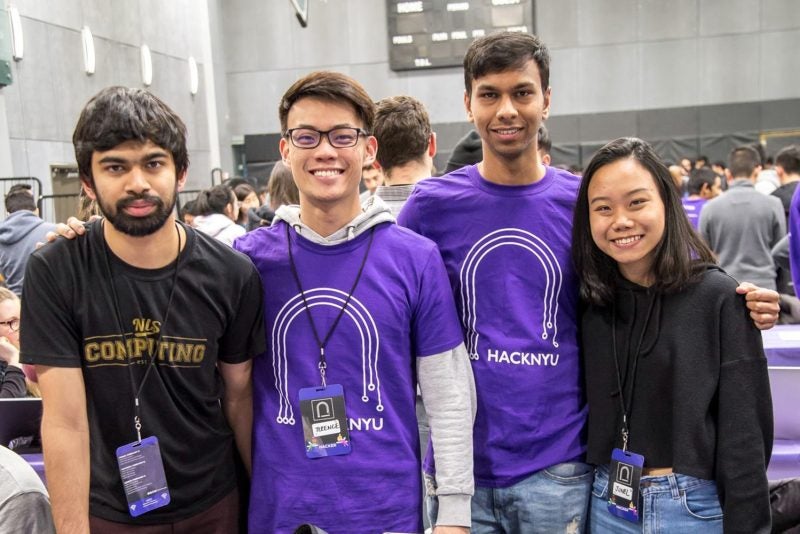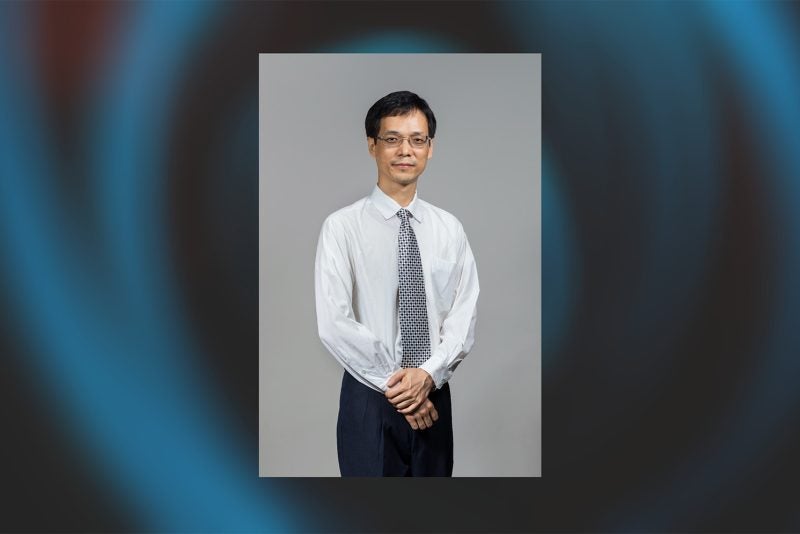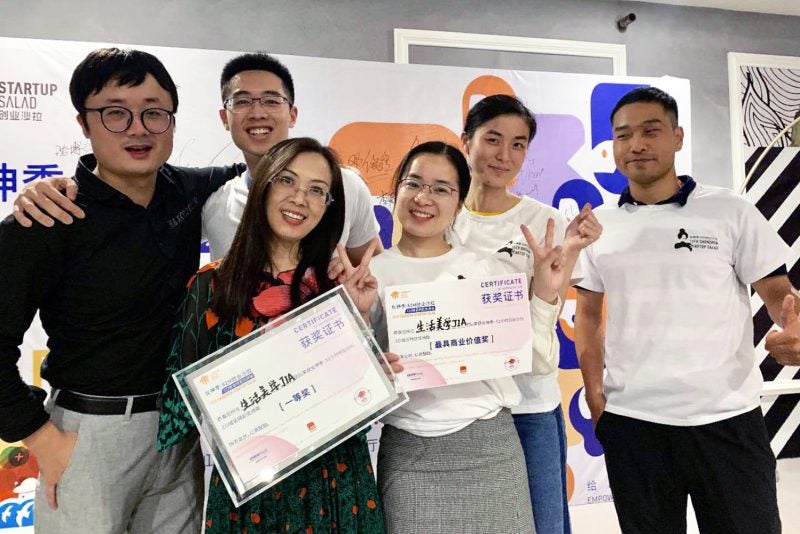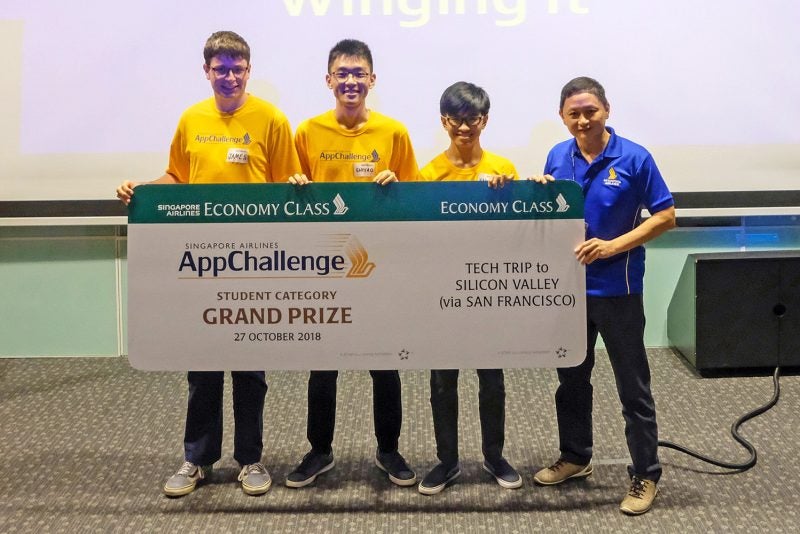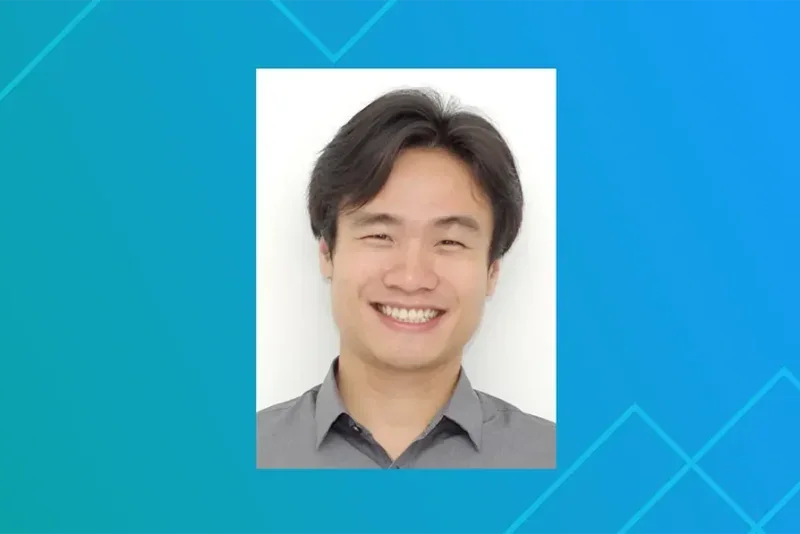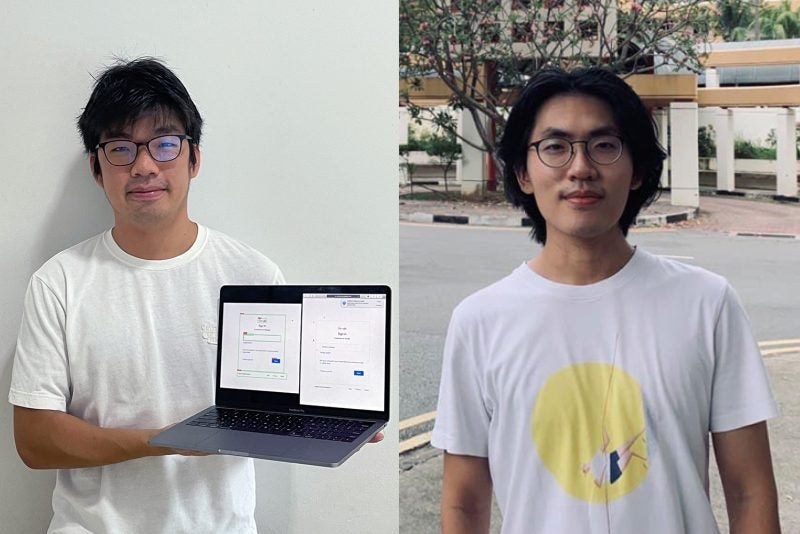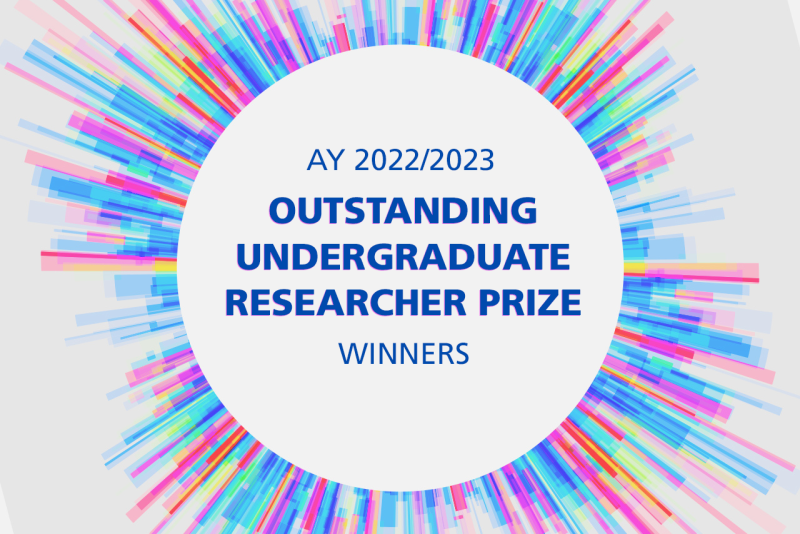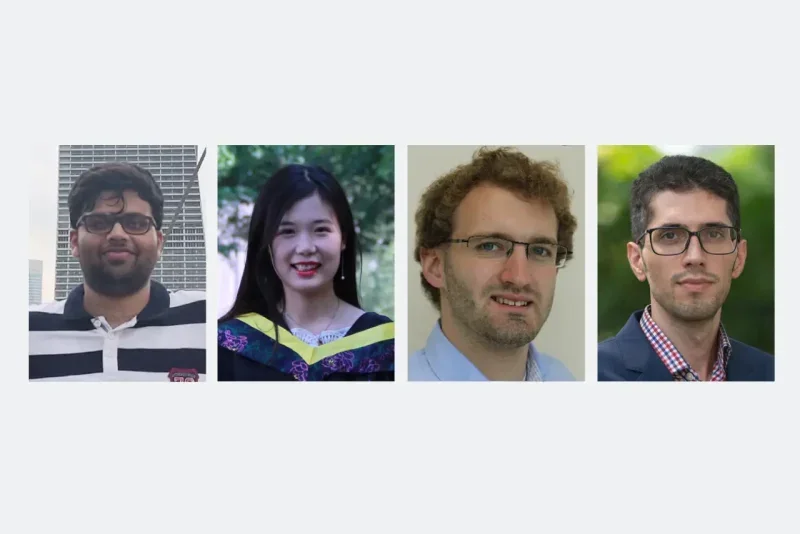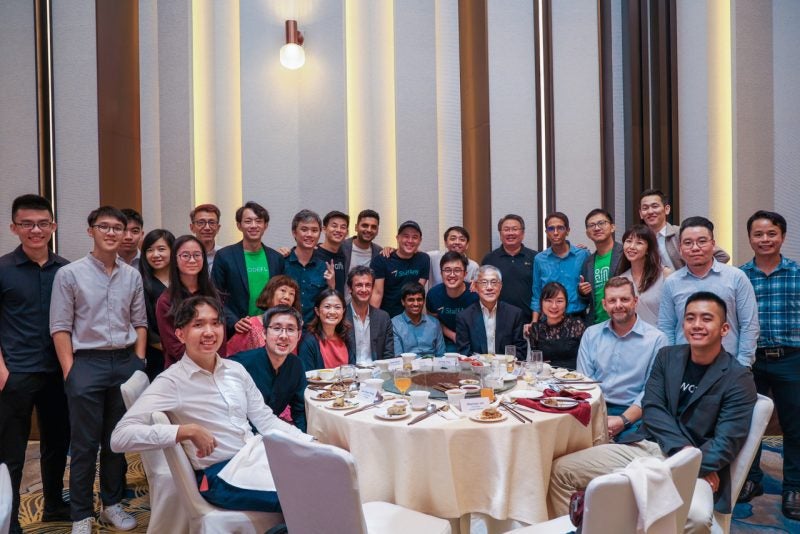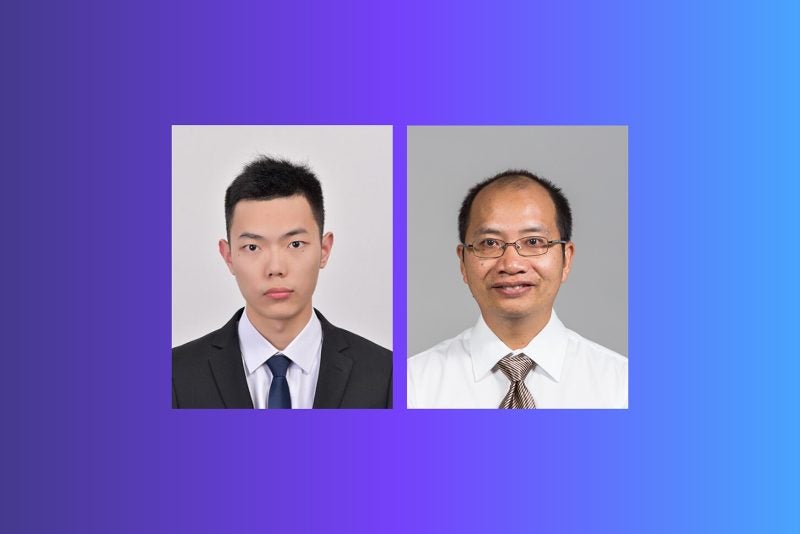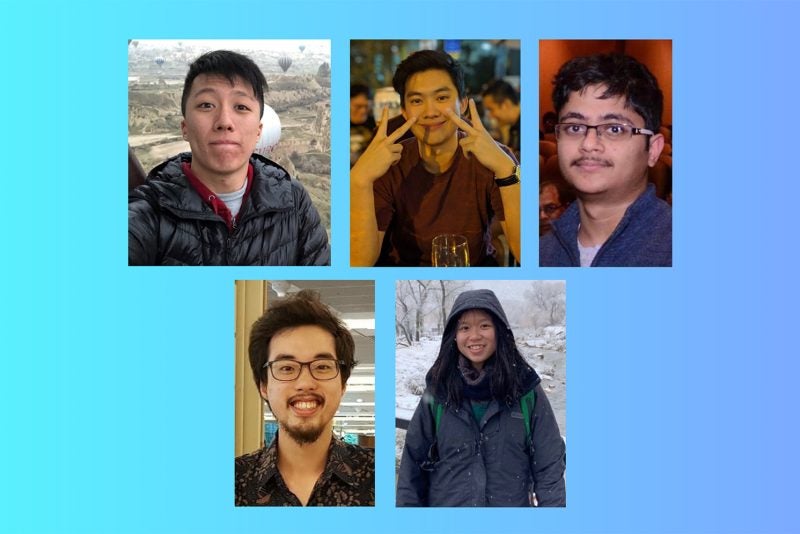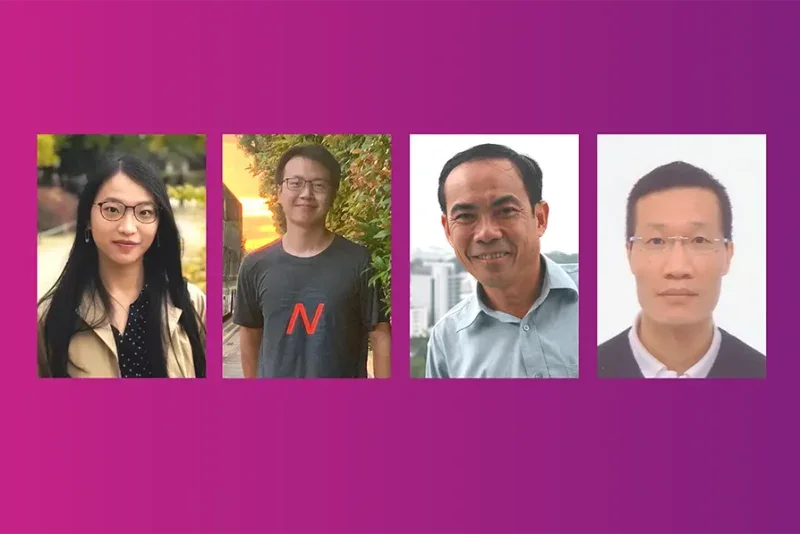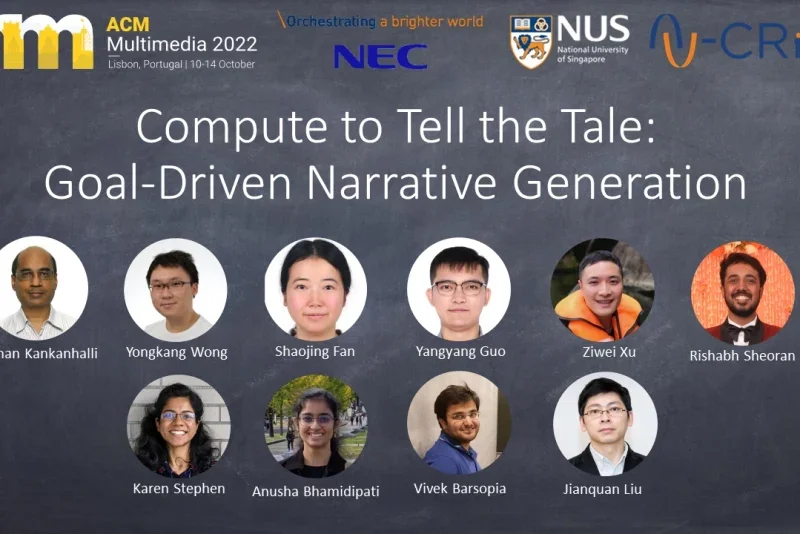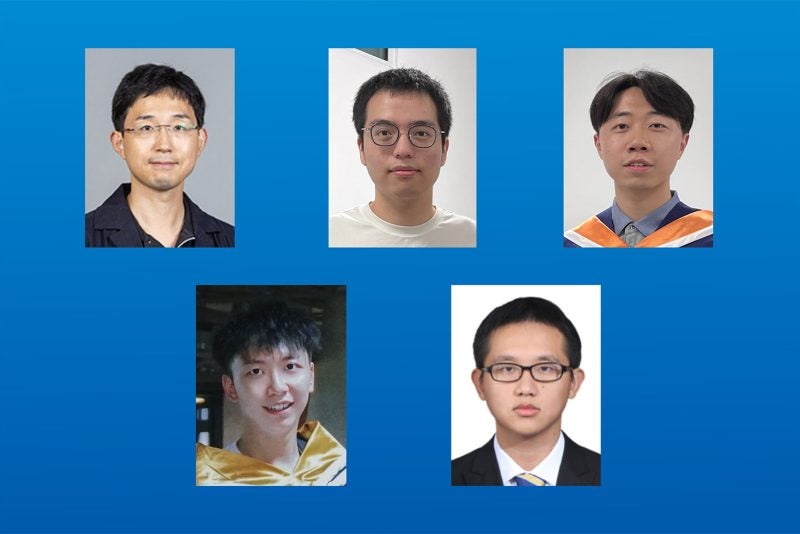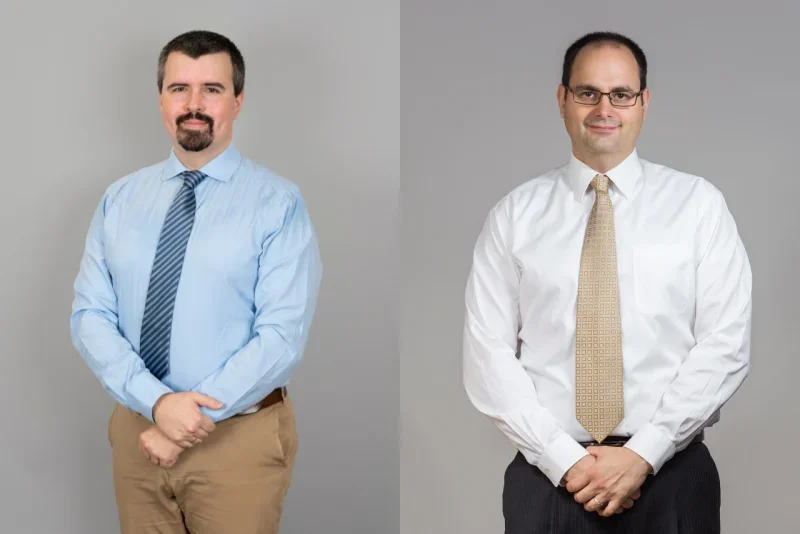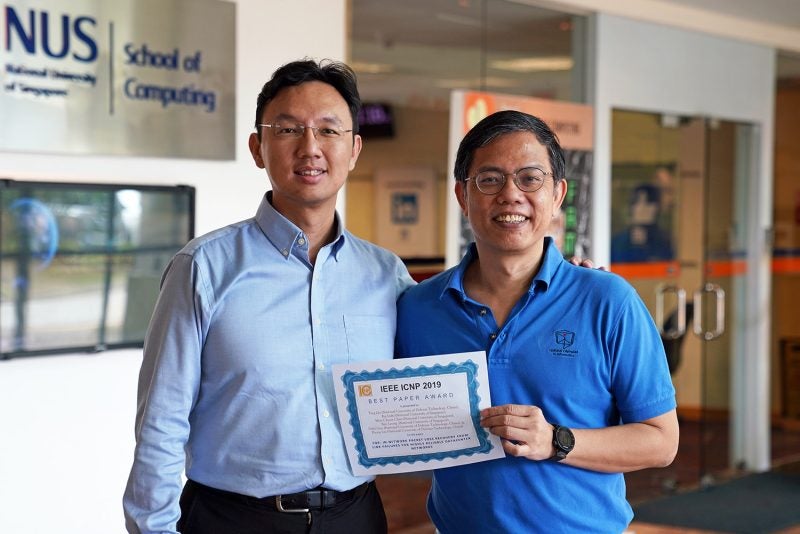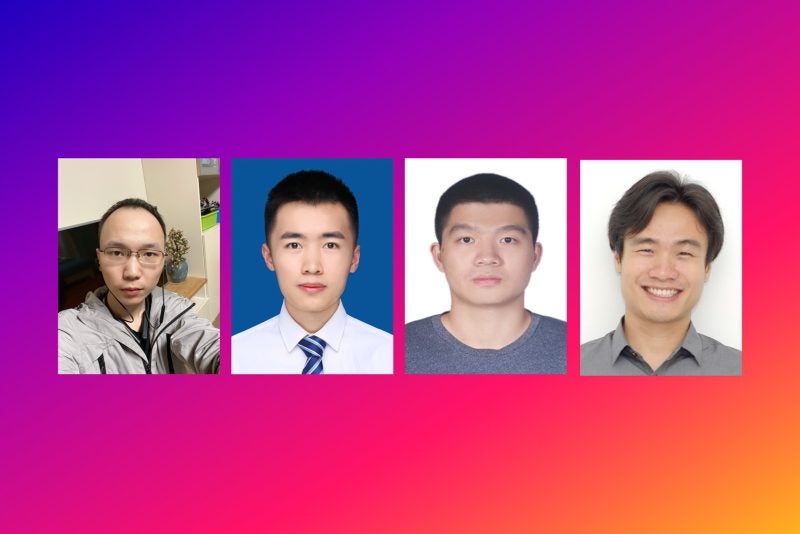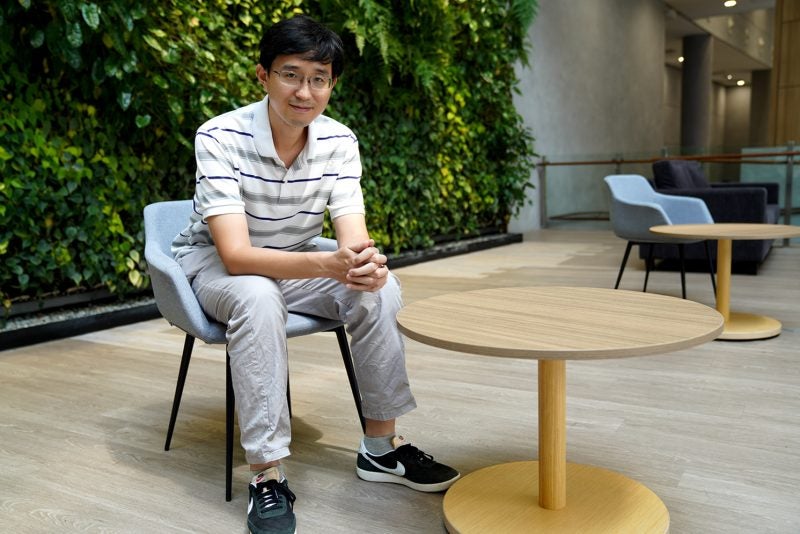13 November 2019 – NUS Computing and Yale-NUS College Associate Professor Ilya Sergey received the Distinguished Artifact Award at the annual Object-Oriented Programming, Systems, Languages & Applications (OOPSLA) conference held from 20 to 25 October in Athens, Greece.
A/P Sergey and his research collaborators were one of four teams to win the Distinguished Artifact Award at the conference. An artifact, in software engineering, is a tangible by-product produced during the development of software. Over 40 artifacts were submitted for the award and a panel of five reviewers assessed the overall quality of these artifacts based on their functionality and reusability.
The team received the award for the outstanding quality of Scilla, an open-source programming language A/P Sergey and his collaborators developed to power the application layer of local blockchain startup Zilliqa.
Zilliqa is world’s first publicly deployed sharded blockchain system that originated from a research paper published by researchers in NUS Computing. One of the main problems plaguing blockchain is the problem of scalability – the inability to cater for high number of transactions on the network. Zilliqa’s public blockchain platform uses a technique called sharding to achieve a throughput of over 2800 transactions per second, which is well above the transaction rates of well known blockchain platforms.
“Scilla, short for Smart Contract Intermediate-Level Language, was designed as a principled language with smart contract safety in mind,” said A/P Sergey. The smart contract language imposes a structure on smart contracts that makes applications less vulnerable to attacks by eliminating certain known security vulnerabilities in existing languages. “Scilla is expressive enough to accommodate all reasonable use cases while allowing for scalable and tractable formal verification and analysis,” A/P Sergey added.
“I believe the principled approach we adopted in the design and implementation of Scilla makes it possible for researchers to use Scilla in research into programming languages, software engineering, and formal verification of smart contracts. This is only the first step in an exciting journey and I’m looking forward to see future developments build on the foundations we have established with Scilla,” said A/P Sergey.

